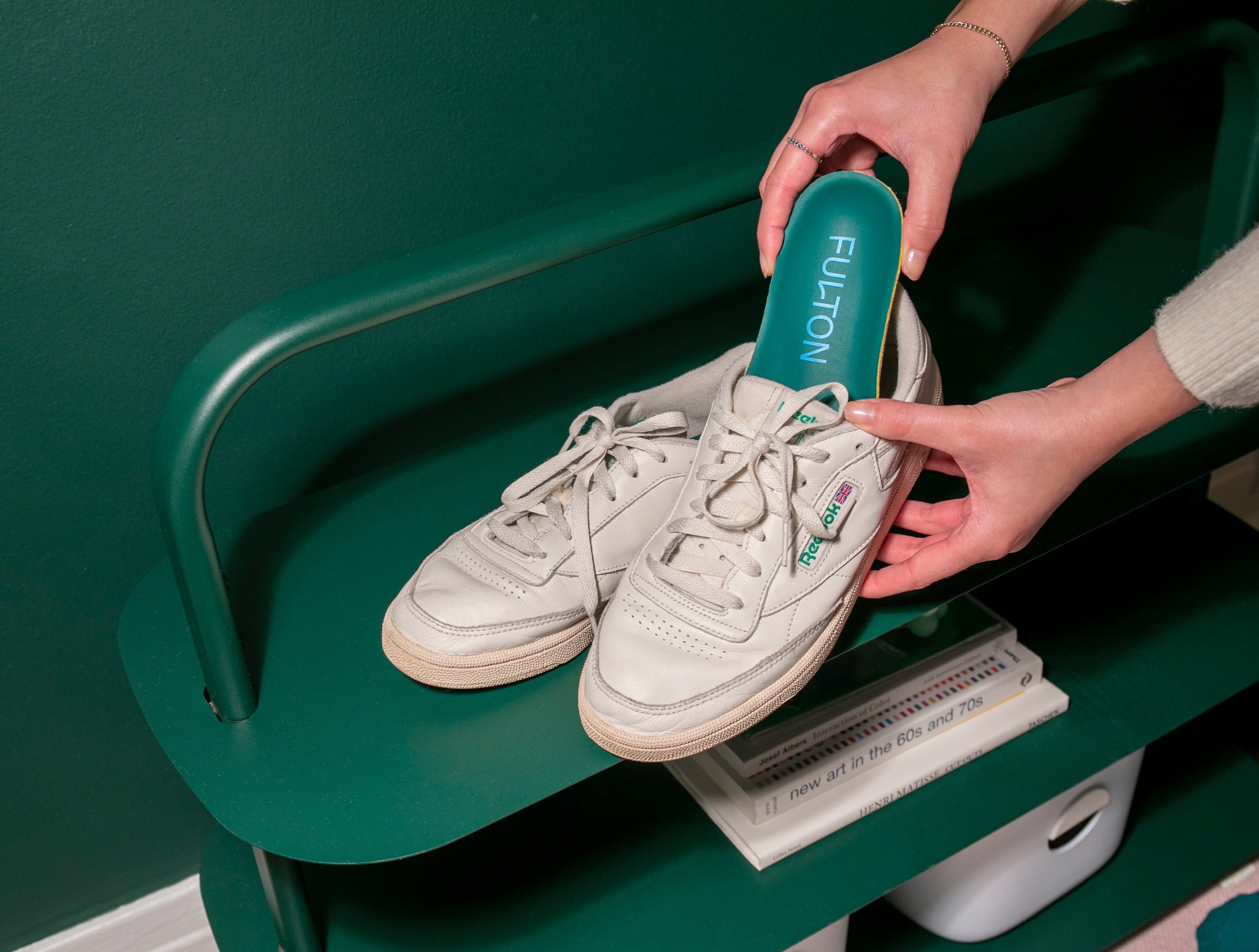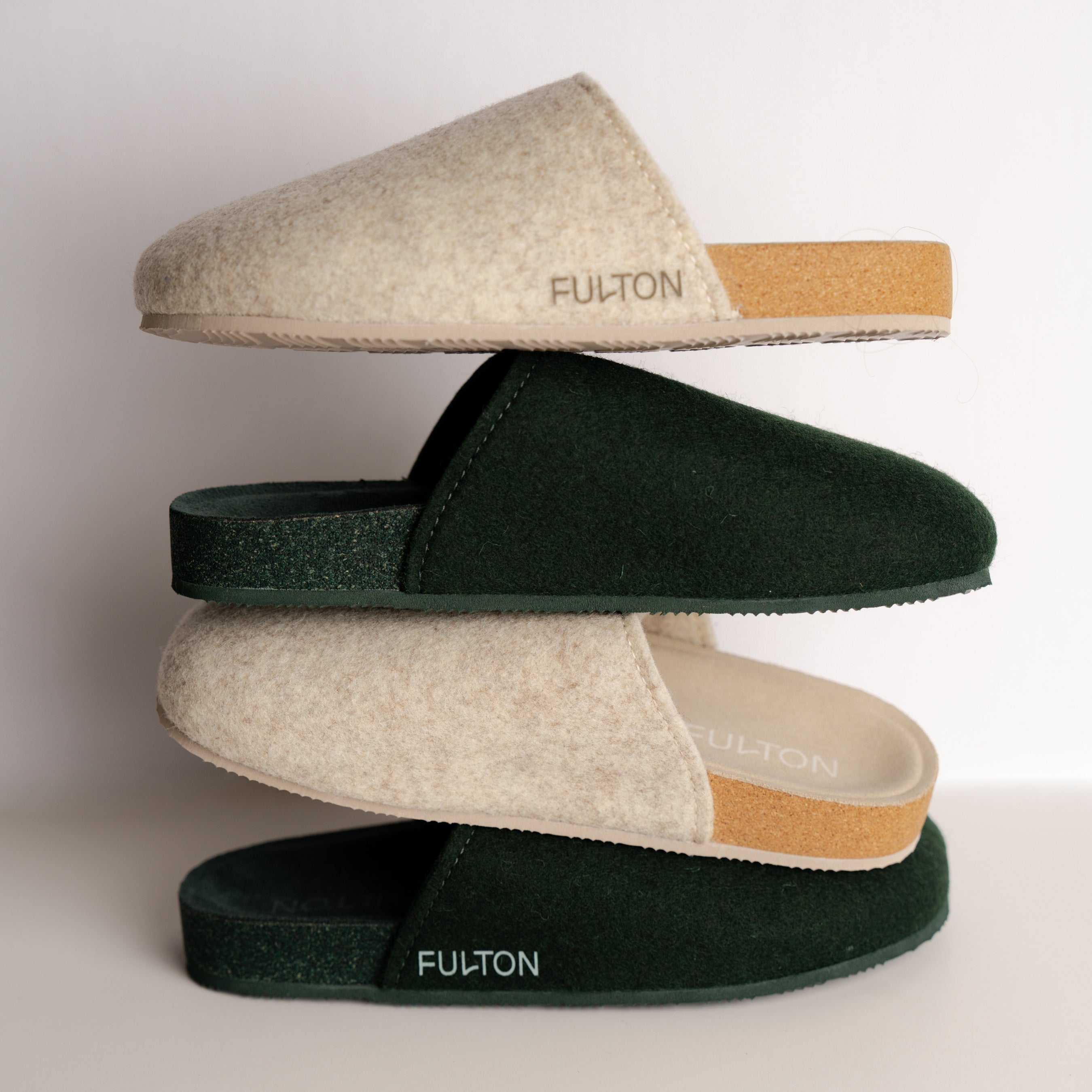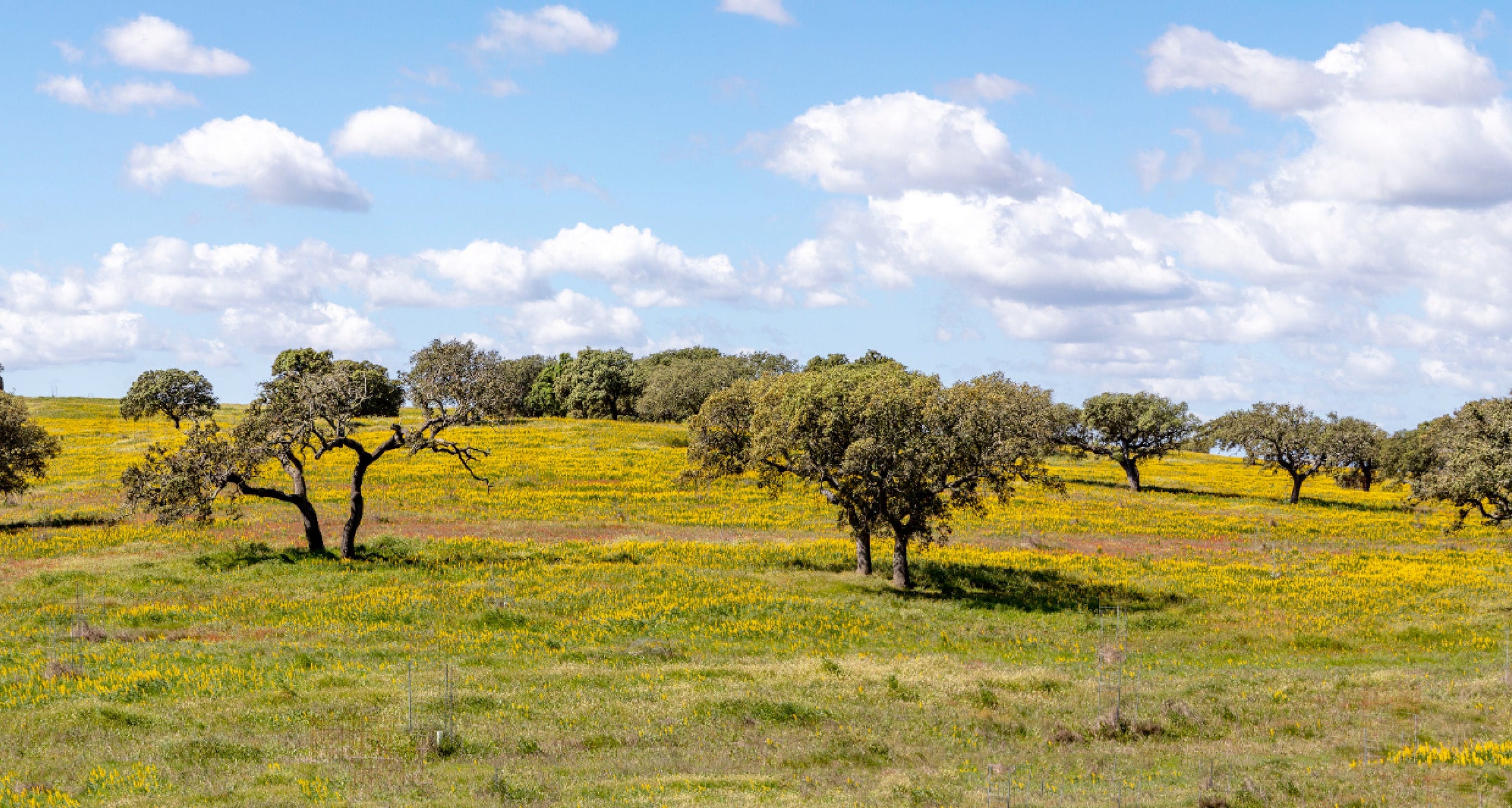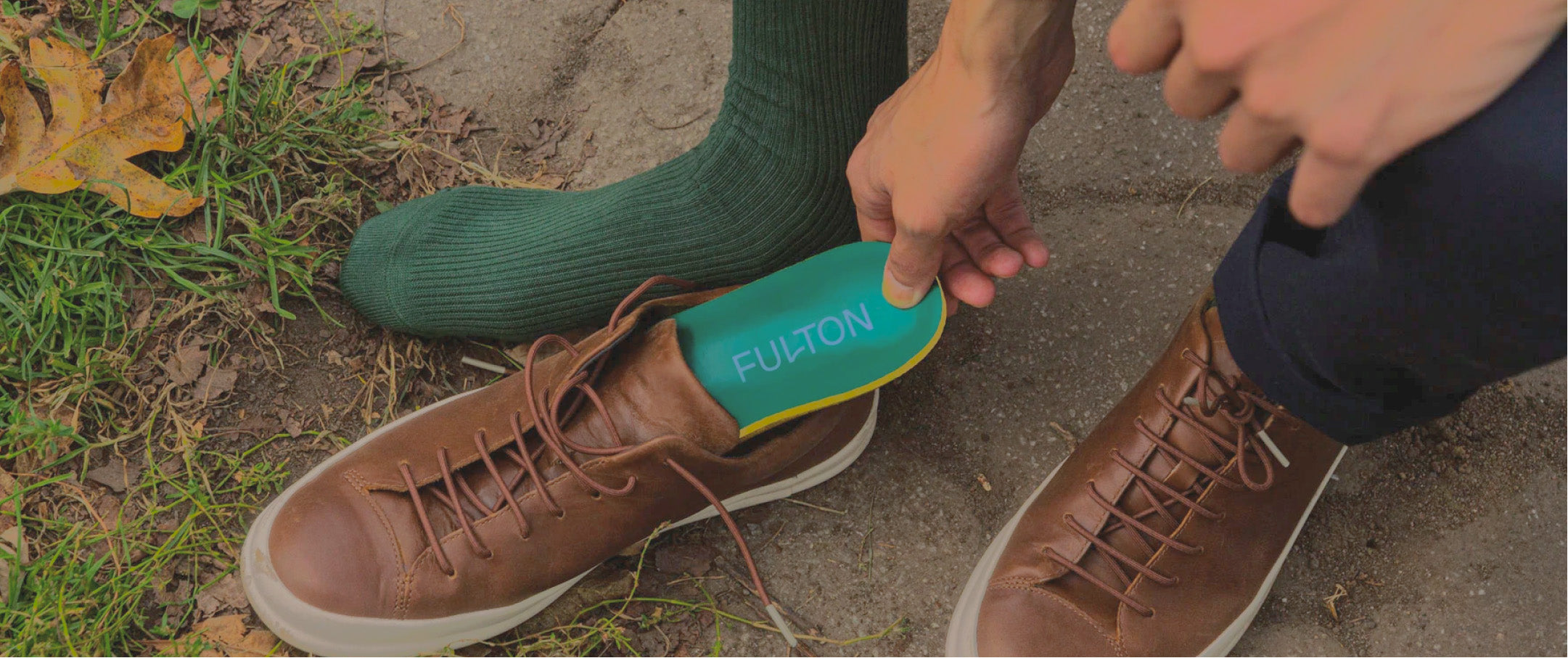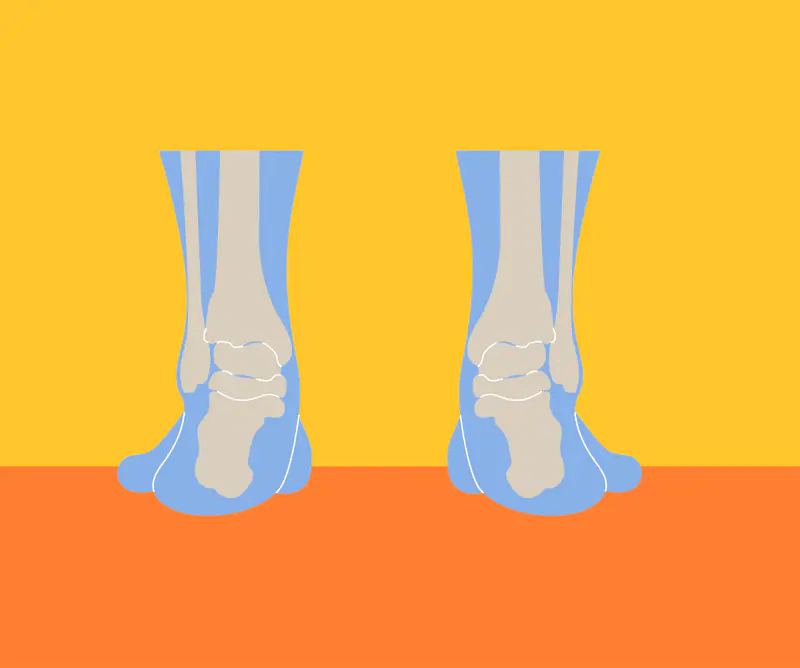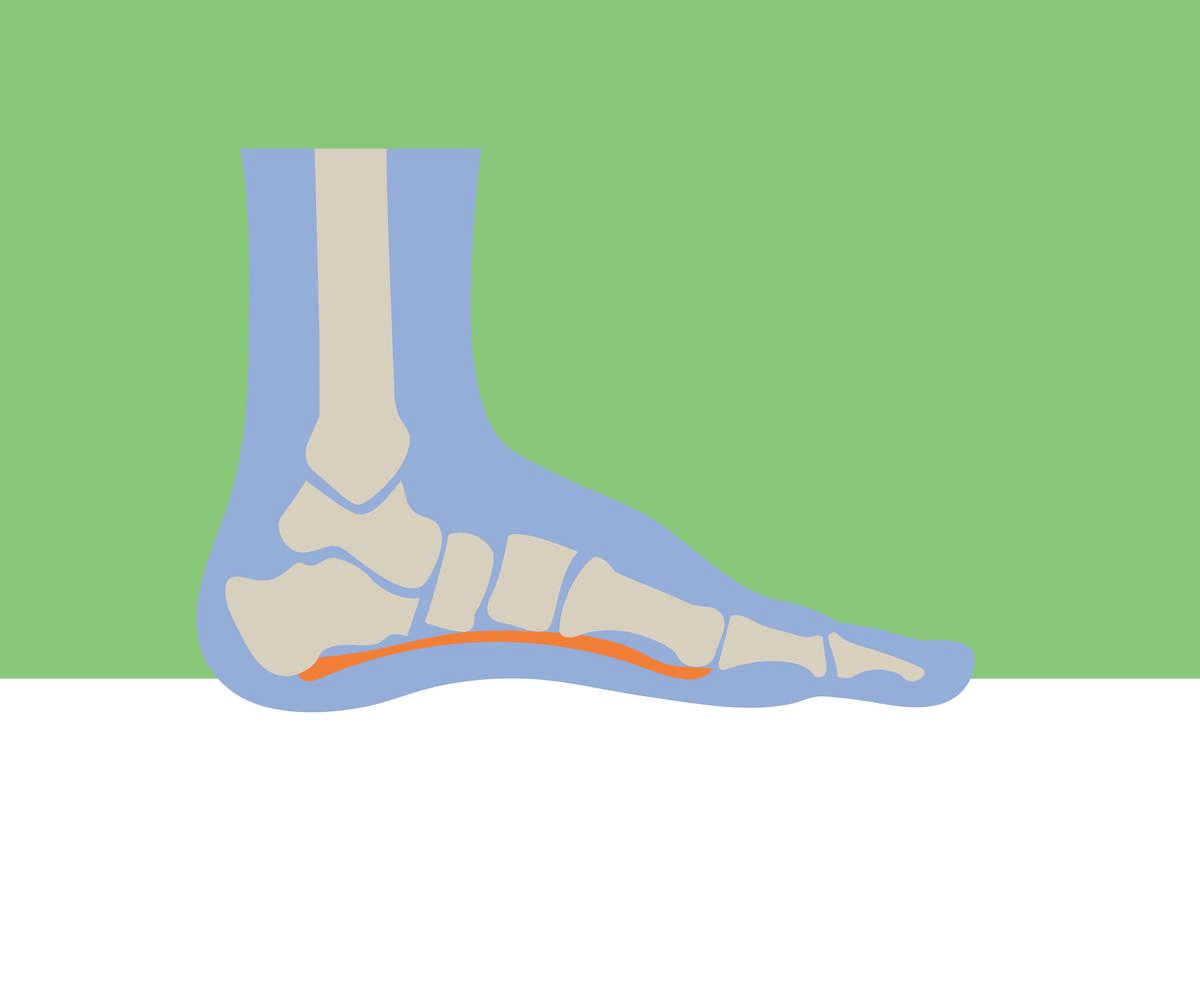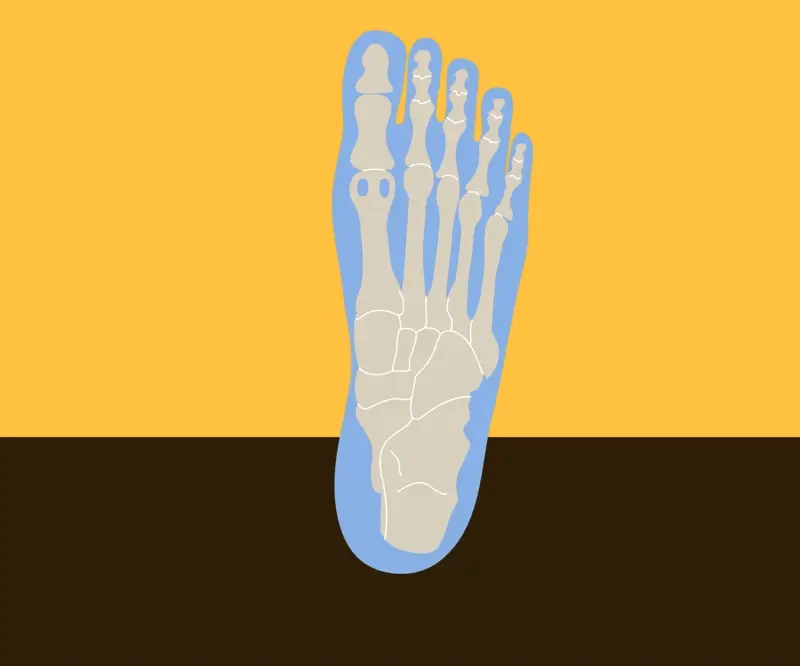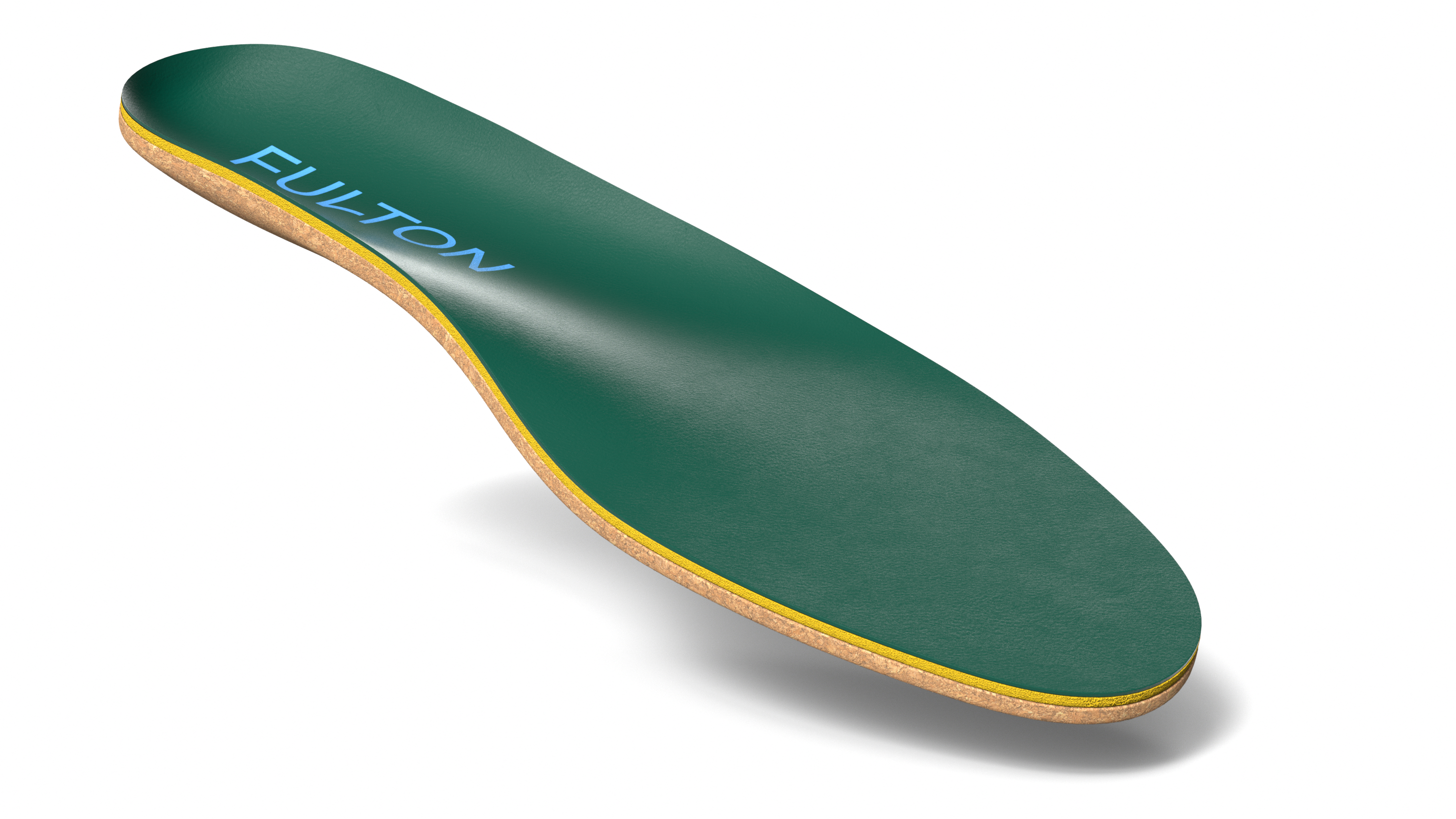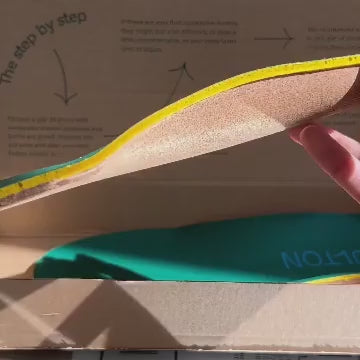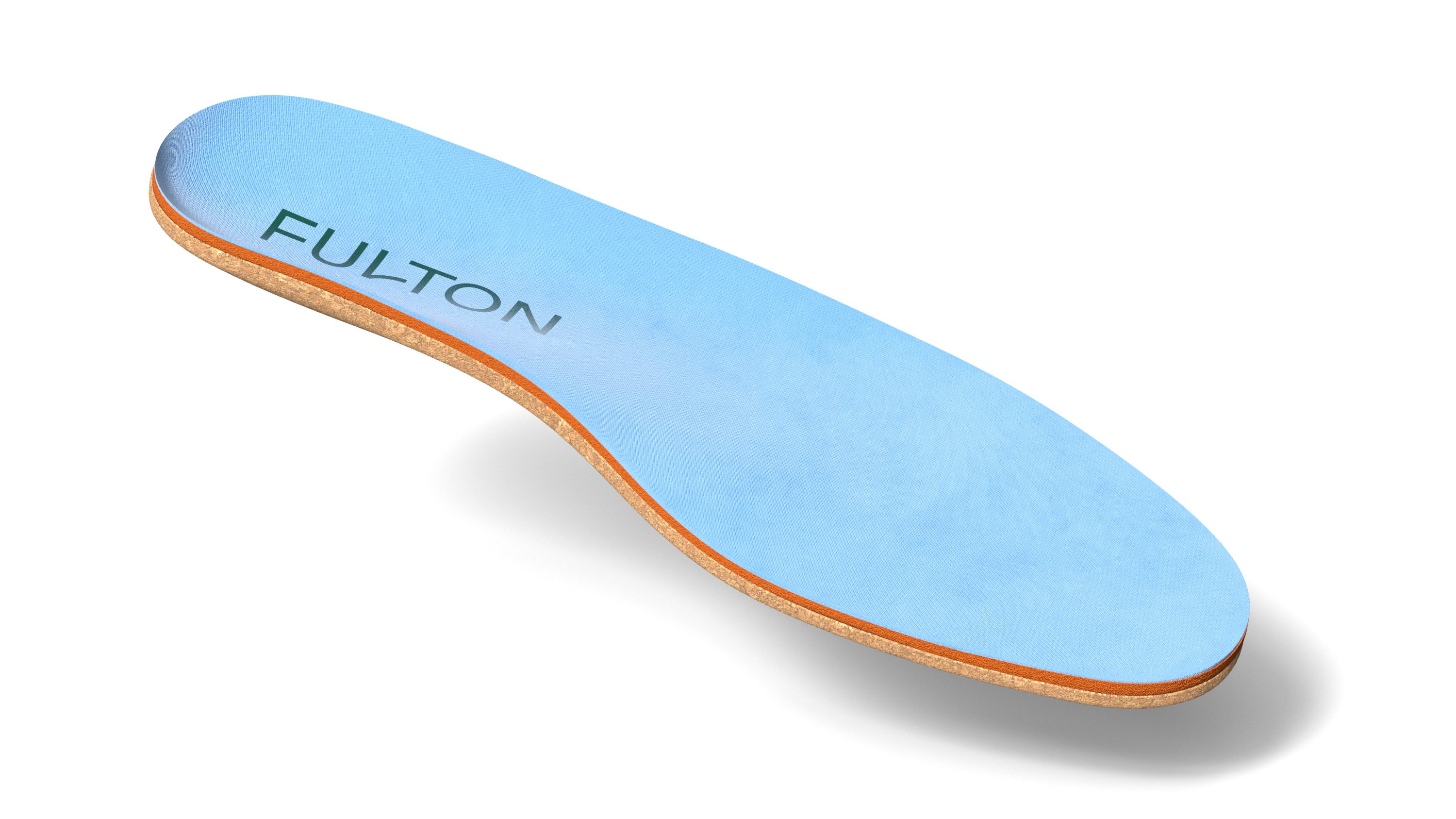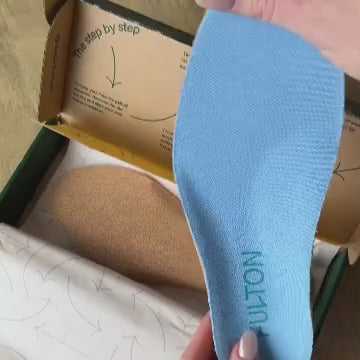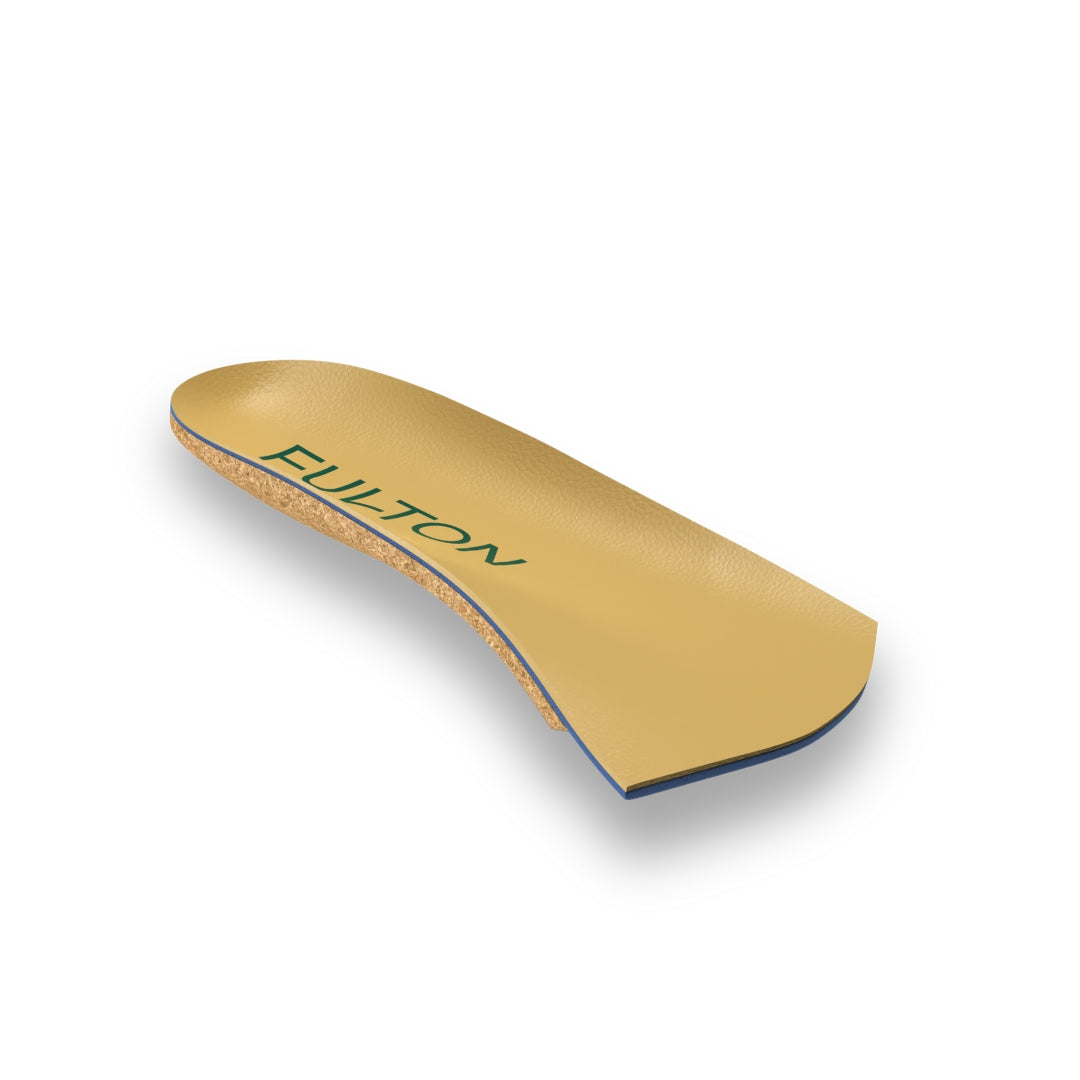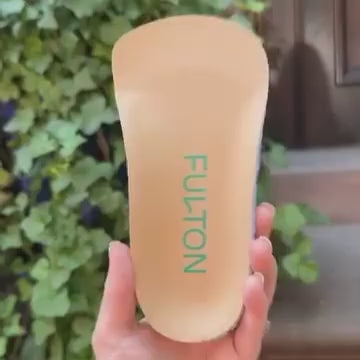Supporting the earth
In the simplest terms, we picked cork because it’s one of the most environmentally friendly materials out there. We source our cork from Portugal, where the trees grow in abundant forests and support a centuries-old agricultural industry and a thriving ecosystem of diverse animal and bird species. Portugal’s plentiful cork trees are relatively low-maintenance, requiring little intervention in the way of pruning, irrigation, or pesticides.
The process of extracting cork is highly regulated in Portugal. Trees must be 25 years old before they can be harvested, after which point they can only be stripped once every 9 years. The material forms just under the tree’s upper bark layer and workers use a small hatchet to strip the outer layer and harvest the cork by hand. This careful process is harmless to the cork trees, so they continue to grow and produce for the entirety of their lifetimes (often over 200 years!) The steady regeneration means that natural cork is a completely renewable material. It’s also recyclable and biodegradable; from beginning to end, it’s sustainable and non-harming to the earth.
Equally as impressive, harvested cork trees absorb and convert carbon dioxide at an even greater rate than non-harvested trees. They offset an estimated 10 million tons of carbon dioxide every year in Portugal alone. Manufacturing Fulton insoles with natural Portuguese cork is a completely carbon-negative process—we remove more carbon from the world than we generate. Working with cork, rather than synthetic materials, makes it all possible.
Supporting the foot
Along with its many impressive environmentally friendly qualities, cork is the ideal material for providing optimal arch support. As the base of an insole, it molds to the shape of the foot over time (approximately 10 hours of walking), creating a more comfortable, supported step that’s unique to every person.
Cork is also highly shock-absorbent, so it mitigates the impact of walking around on hard floors and protects the feet and arches. This prevents pain in the feet and through the kinetic chain as you walk, run, and go about your daily life. By ensuring that the arches are supported and pressure is evenly distributed throughout the foot, cork insoles help to improve posture and correct misalignment.
Finally, cork is anti-microbial and naturally repels moisture. Translation: your shoes won't get smelly! Sweat doesn’t sink in, so the bacteria that cause odor can’t multiply and your feet stay nice and dry.
With natural cork as the base of our Fulton insoles, people can be more aligned, comfortable, and confident that they’re supporting a sustainable business. We’re proud that this wonder material helps us contribute to a more supported and healthier world.


